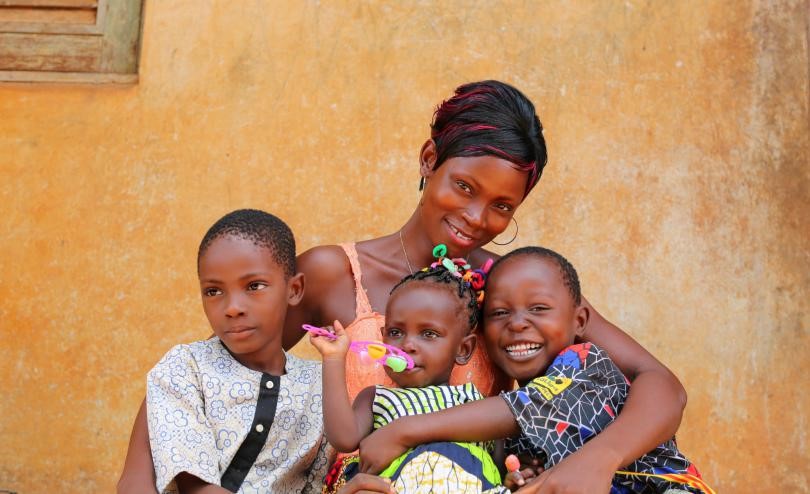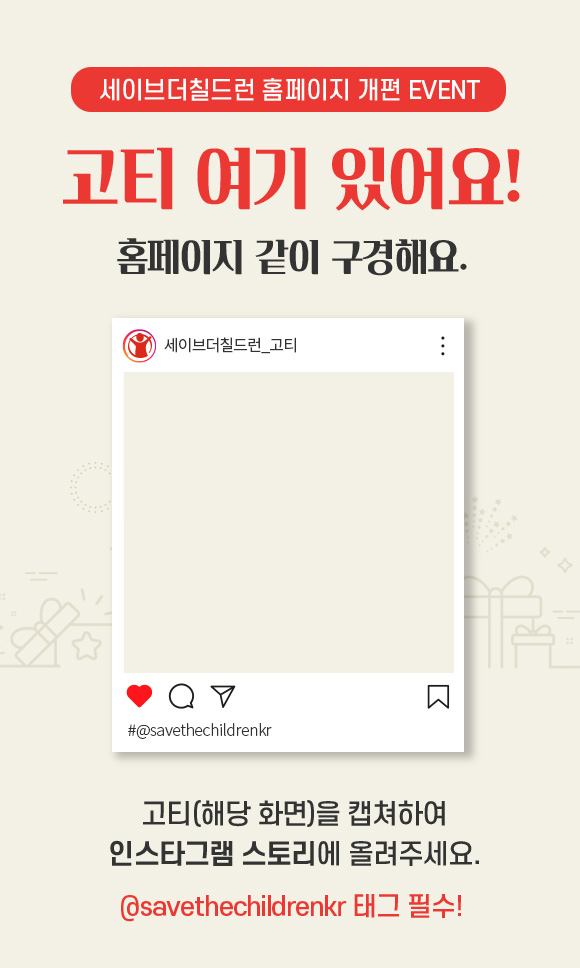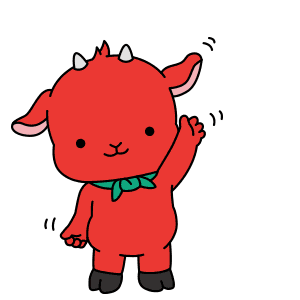근본적이고 지속적인 변화를 위한 사업을 진행합니다.
기후위기의 영향을 고스란히 받게 되는, 미래 세대인 아동들은 기후위기의 심각성을 인지하고 기후 운동을 주도하며 변화를 요구하고 있지만, 그 목소리가 인정되고 정책적 변화까지 이어지는 것은 쉽지 않습니다.
코드디부아르는 모든 어린이-장애 유무에 상관없이- 농촌 및 도시지역의 어린이와 공동체가 환경보호시스템에 참여할 기회를 제공하는 환경법(제14조)을 제정했습니다. 이는 국가 및 지역 당국이 모든 환경 문제에 대해 체계적으로 아동들과 상의해야 하며, 아동들의 목소리가 공공 정책, 전략 및 국가 및 지역 프로그램에 영향을 미치게 할 것입니다.
이 법은 어린이와 공동체, 시민사회가 환경 파괴 상황에 대해 목소리를 내고 변화를 요구하며, 피해를 입힌 자들에게 보상을 요구할 수 있는 권한을 되돌려줍니다. 코트디부아르는 기후 변화의 영향을 이미 체감하고 있으며, 지난 30년 동안 평균 기온이 약 1도 상승하고 연간 강수량이 약 10% 감소했습니다. 이로 인해 홍수와 가뭄 같은 극단적인 기후 조건이 증가하고 있으며, 옥수수 수확량은 2050년까지 15%에서 25% 감소할 것으로 예상됩니다.
세이브더칠드런은 시민사회 및 NGO 네트워크와 협력하여. 로비 회의 지원, 주요 행위자들의 참여동원, 재정적 및 기술적 지원은 물론, 시민사회단체 및 아동들에게 아동권리 및 비즈니스 원칙에 대한 역량 강화 등을 제공하며 환경법 제정에 기여했습니다.
--
ADDRESSING THE CLIMATE CRISIS: CONSULTING CHILDREN ON ENVIRONMENTAL ISSUES IN CÔTE D'IVOIRE
by Vishna Shah, Director of Advocacy, Campaigns, Media and Communications in West and Central Africa, SCI

△ Prisca*(28) and her children Martin*(8), Blaise*(4), and Charlene*(1) who recovered from malaria. Eve Matheson/ Save the Children
Children are leading climate campaigns, demanding change and boldly holding those in power to account. However, decision-makers often resist acknowledging their voices and giving them a seat at the table. It's their future, so shouldn't children always be involved in matters that concern their lives?
NEW ENVIRONMENTAL CODE IN CÔTE D'IVOIRE
This country in the coastal country of West and Central Africa, rich in natural resources and the home of cacao production, has been leading the way with a new environment code.
Article 14 in this revolutionary environment code gives all children, boys and girls, children with or without disabilities, from rural or urban areas and their communities the chance to be involved in the environmental protection system.
It will mean that national and local authorities should systematically consult children on all environmental issues, and it means their voices will affect public policies, strategies and national and local programmes.
This aims to give the power back to children, their communities and civil society to speak up and demand change on situations of environmental damage and the ability to seek compensation from those who have caused the damage.
This is important in a country like Cote D’Ivoire, where communities are already feeling the impact of climate change. Across the country, we’ve seen the average temperature rising by around 1.0°C over the past 30 years while the annual rainfall has fallen by around 10% in recent decades (with marked regional variations). And despite being a country with rich green vegetation, forest cover has declined by almost 80% since 1960, from 12 million hectares to around 2.7 million hectares in 2020. And all of this is resulting in more extreme weather conditions, from floods to droughts, which are impacting corn yields, which are expected to fall by 15% to 25% by 2050), and the countries economy as a whole.
WHAT WILL THIS MEAN FOR THE CHILDREN OF TODAY AND ADULTS OF TOMORROW?
I recently heard the reflections from Colombe Bogard, auditor for the San-Pedro Children's Coalition:
“Most of the damage done to the environment is caused by humans. And this is seriously destroying our environment and endangering our own health and lives. We need to adopt responsible behavior towards it so as not to jeopardize or endanger future generations.”
While it’s too early to see the full impact of the code, Save the Children supports children to speak truth to power, share their concerns on climate change and demand change. They have a right to be in the conversation and to protect their future, and now thanks to this new code, they can.
“As children, we can also take part in this change, in protecting our environment, because we live in it too. We just leave it to the adults to do everything. When will we children be able to be autonomous and all that? So I really think it's a good initiative to consider our voice and not leave us on the sidelines. And for that, I really thank the authorities who decided to pass this law. On behalf of all the children of socle, I'd really like to say thank you, because we too have our say". - Colombe, 17, living in San Pédro, Côte d’Ivoire
Despite communities taking action in countries like Côte d'Ivoire, the pace and scale of the climate crisis is threatening their capacity to cope. It is hurting those most who are least responsible for the damage: children
HOW IS SAVE THE CHILDREN HELPING?
Save the Children, working with civil society and NGO networks[1] as contributed to the environment code by supporting lobbying meetings, mobilising the commitment of certain key actors, providing financial and technical support as well capacity building of civil society organisations and children to use the principles governing children's rights and business.
As we look forward, we have many more concerns about the impact of climate change on children across Cote D’Ivoire and countries across West and Central Africa. We already know that major rivers such as the Bandama and Comoé, have experienced a 30% to 40% reduction in flow due to climate change and increased water use and a 30% increase in malaria cases is predicted by 2030 due to rising temperatures and irregular rainfall, which favours mosquito habitats. Due to this, we will continue to work towards finding solutions to fight against climate to protect the future of children through or Generation Hope campaign.
One billion children are today at extreme risk from the impacts of climate change. And nearly every child worldwide is impacted by at least one climate hazard, such as extreme heatwaves or flooding. Let’s end with the hopes from another powerful child climate activist as we look forward to saving tomorrow.
‘The climate crisis is causing a rise in global temperatures, leading to more frequent extremes of temperature such as heat waves, and this has repercussions for us children; the future of Côte d'Ivoire (...). I would therefore like to call on all organizations, companies and the general public to assume greater responsibility for the well-being of our children, the future development actors of Côte d'Ivoire", - Lacina, 12, living in San Pédro, Côte d’Ivoire.
▷ LEARN MORE ABOUT OUR WORK TO COMBAT THE CLIMATE CRISIS
▷ 아동이 주도하는 인도네시아의 환경 캠페인 사업 알아보기








